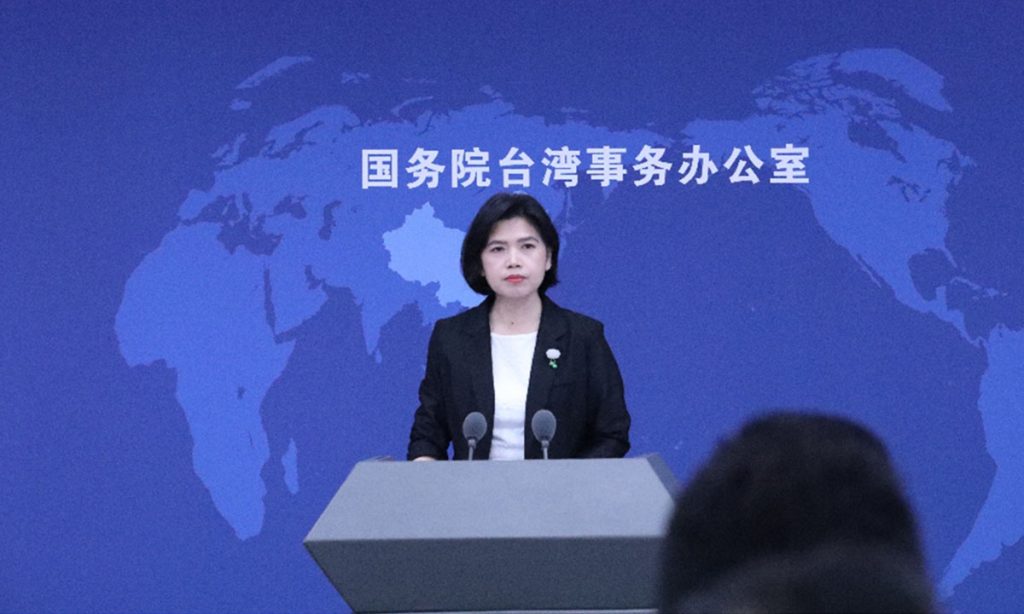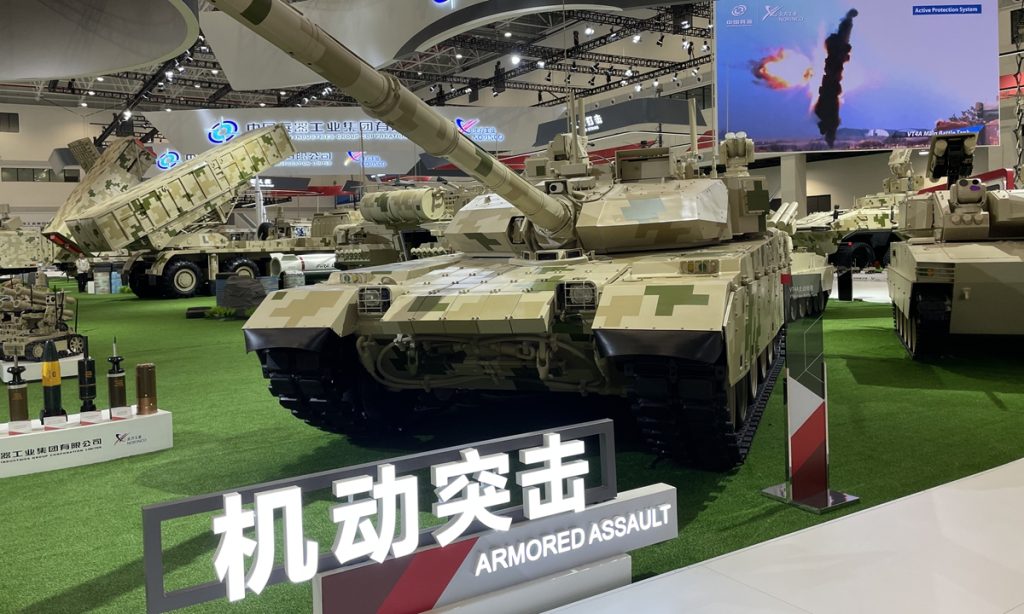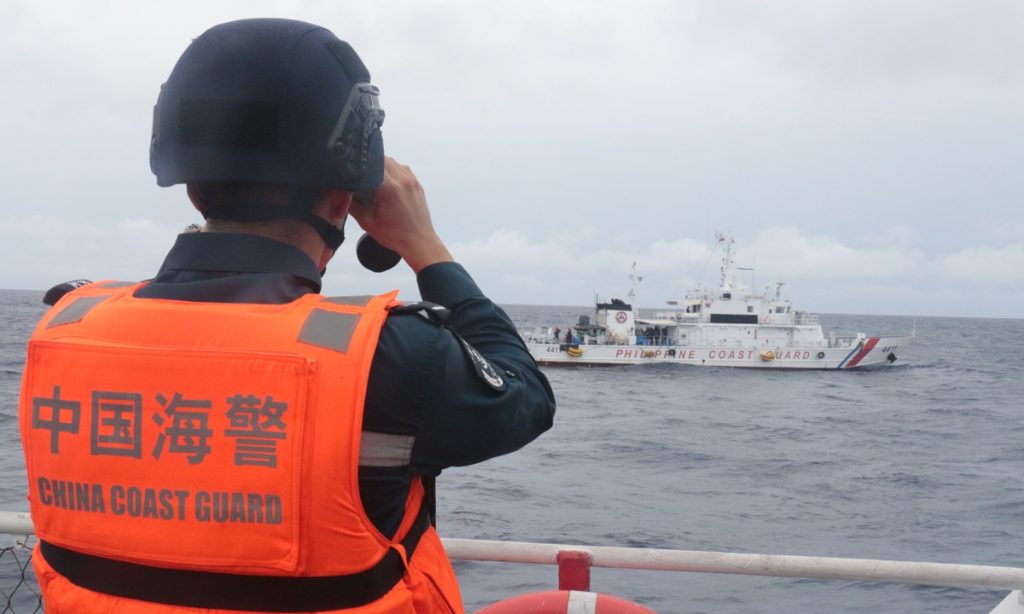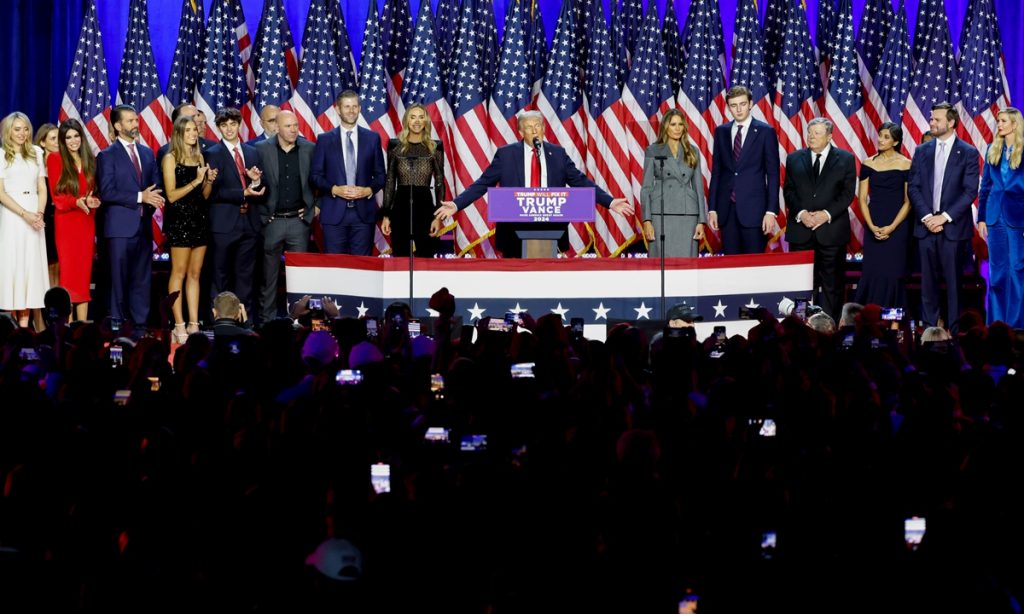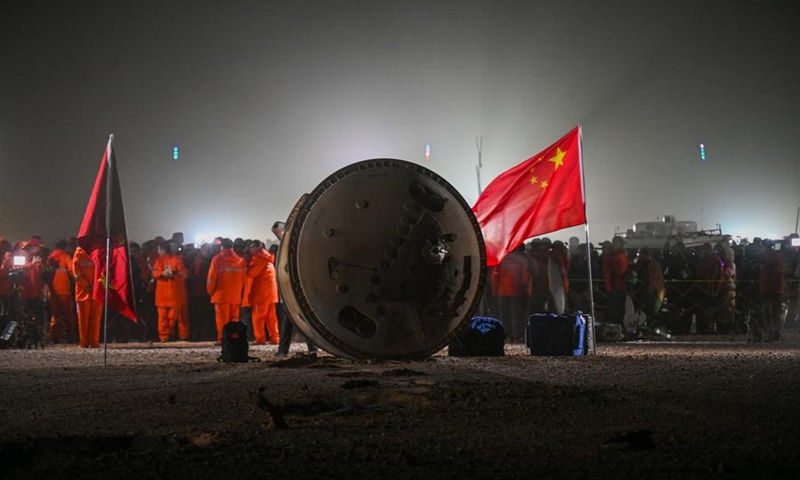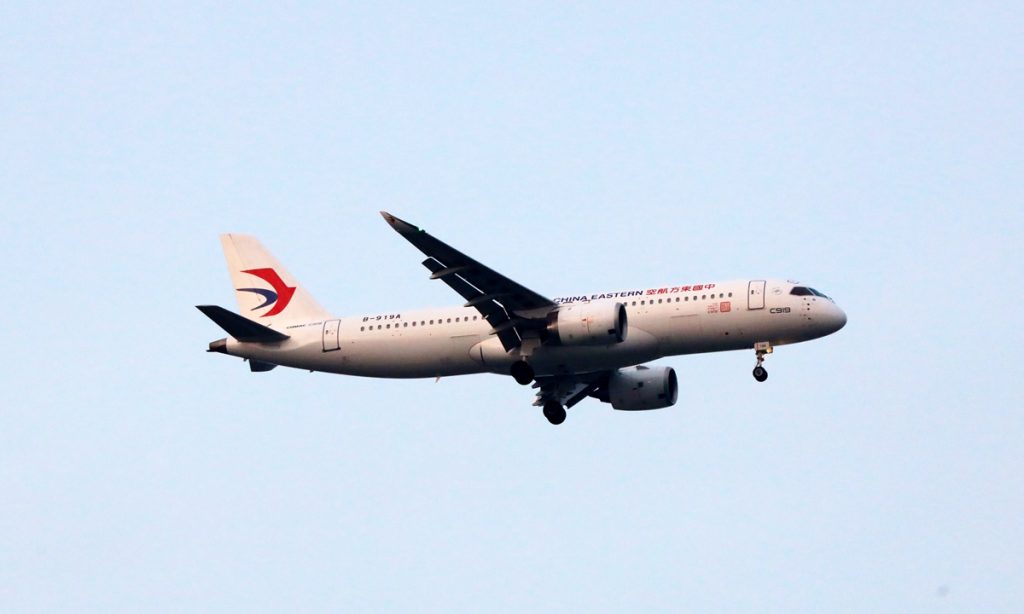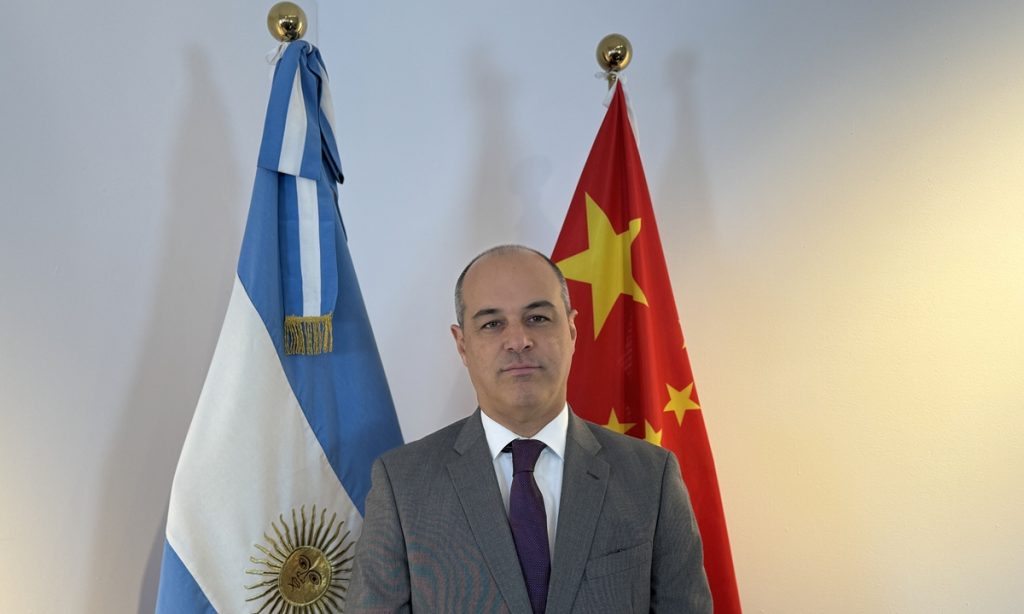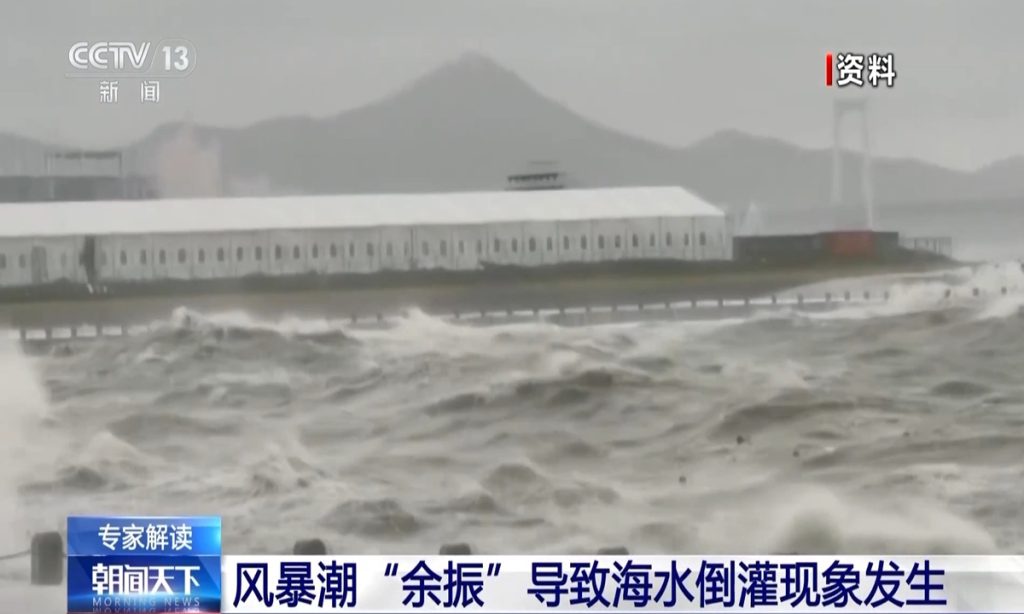China Coast Guard conducts patrol enforcement drill in Huangyan Dao waters
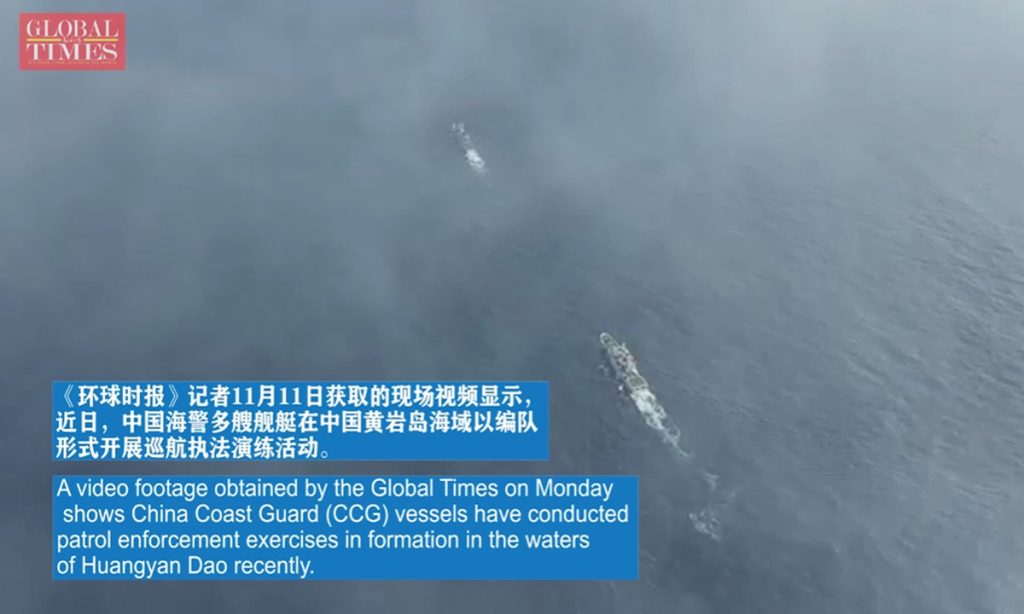
A video footage obtained by the Global Times on Monday shows China Coast Guard (CCG) vessels have conducted patrol enforcement exercises in formation in the waters of Huangyan Dao recently.
According to the video clip, the drill involved multiple vessels, including large thousand ton-class patrol ships and smaller, more maneuverable hundred ton-class vessels.
The Global Times learned that thousand ton-class law enforcement ships have strong cruising and resupply capabilities, allowing them to stay in the Huangyan Dao waters for extended periods to conduct patrols and law enforcement. Hundred ton-class patrol boats, on the other hand, boast high maneuverability and flexible enforcement tactics, enabling them to pursue and intercept fast-moving targets and carry out boarding inspections.
Huangyan Dao is an inherent territory of China. For a long time, China has continuously, peacefully, and effectively exercised sovereignty and jurisdiction over the island and its adjacent waters.
On Sunday, China released the baselines of the territorial sea adjacent to Huangyan Dao. The CCG vowed to continuously strengthen patrols and law enforcement in the territorial waters of Huangyan Dao and related maritime areas.
The move came after the Philippines' introduction of the so-called Philippine Maritime Zones Act and the Philippine Archipelagic Sea Lanes Act on Friday, for which China has summoned the Philippine Ambassador to China to lodge solemn remonstrations.
The CCG's statement further accuses Philippine authorities of encouraging fishing vessels to illegally operate in Huangyan Dao's lagoon and alleges some Philippine fishermen are engaging in harmful practices like using poison to fish, catching endangered marine species and damaging the fragile ecosystem.
The CCG will continue to strengthen patrols and law enforcement in the territorial waters of Huangyan Dao and related maritime areas in accordance with China's Coast Guard Law, fisheries law, Marine Environmental Protection Law, and other laws and regulations, as well as in reference to international laws such as the United Nations Convention on the Law of the Sea.
The CCG will firmly maintain good order in the relevant maritime areas, resolutely protect the ecological environment and biological resources of the relevant maritime areas, and firmly safeguard national territorial sovereignty and maritime rights and interests, read the CCG statement.
Ding Duo, a deputy director at the Institute of Maritime Law and Policy at China's National Institute for South China Sea Studies, told the Global Times on Monday that after delimiting the territorial baselines of Huangyan Dao, the CCG will respond more decisively and specifically to Philippine incursions.
China had previously made temporary arrangements at the operational level for Filipino fishermen in the waters near Huangyan Dao given its friendly relations with the Philippines. However, if the Philippines continues its provocations, China will tighten control over Philippine fishing in the area.
Previously, it is difficult for us to determine where Philippine vessels were violating Chinese waters, now it is clear that whether they have entered exclusive economic zones, territorial waters, or internal waters, Ding noted. "Accordingly, our countermeasures will also be clearer," he said.
